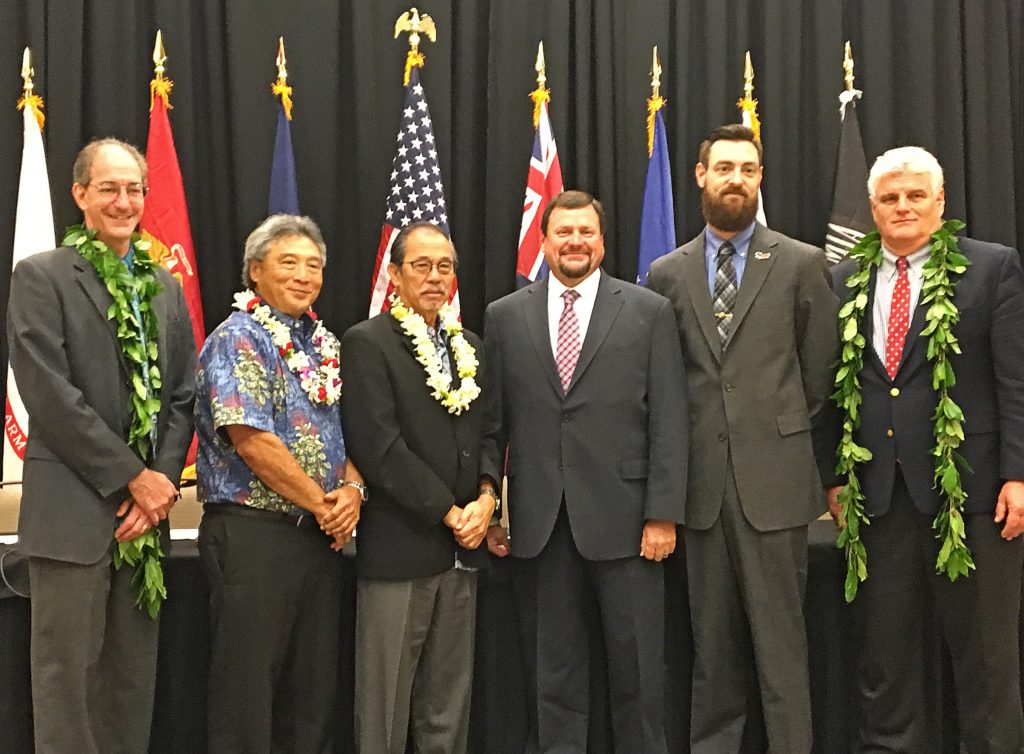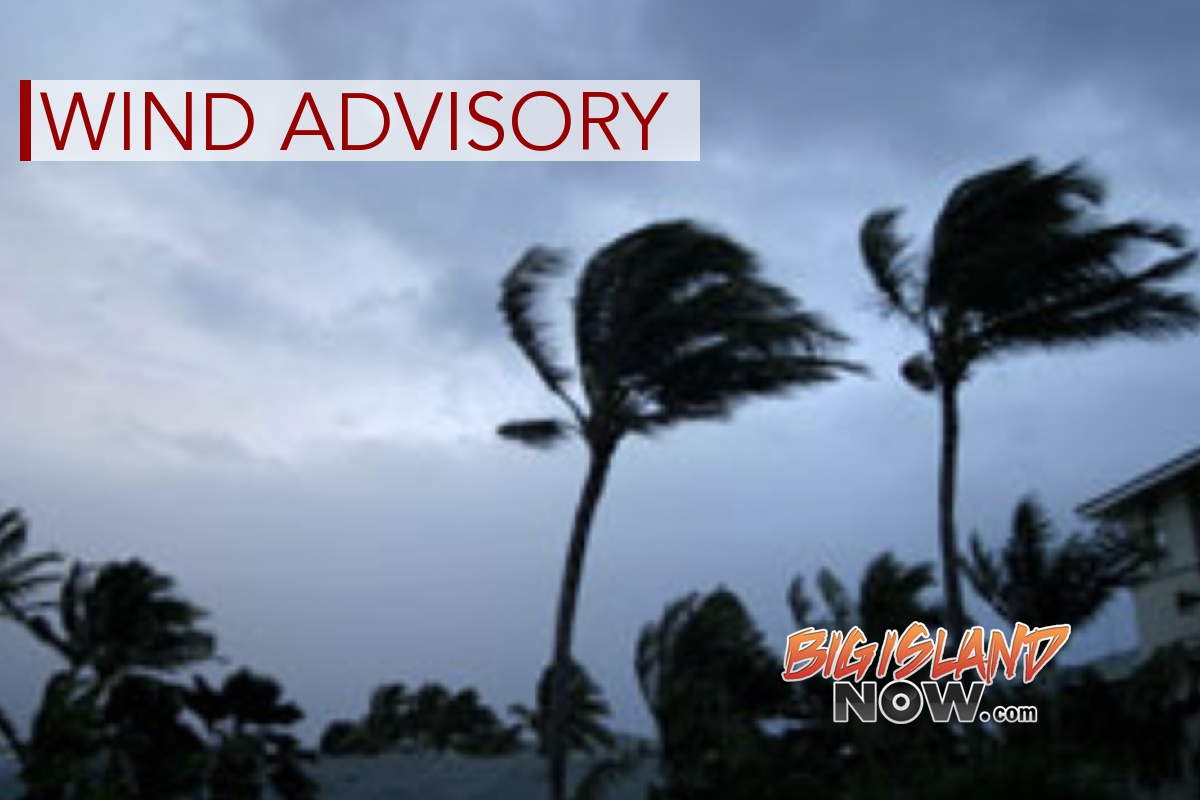State’s First Veterans Treatment Court Conference Held on Big Island

The Big Island Veterans Treatment Court of the Third Circuit: (left to right) Dr. Brian L. Meyer, PTSD-SUD Specialist at H.H. McGuire VA Medical Center; Third Circuit Judge Greg K. Nakamura; Third Circuit Chief Judge and Presiding Judge of the Veterans Treatment Court Ronald Ibarra; Scott Swain, Justice for Vets Division Director; David Pelletier, J.D., Project Director for the Veterans Treatment Court Planning Initiative at the National Association of Drug Court Professionals (NADCP); and Chief Justice Mark Recktenwald, Hawaii Supreme Court at the Big Island Veterans Treatment Court Conference held today at the Mauna Lani Bay Hotel. Courtesy photo.
The Big Island Veterans Treatment Court of the Third Circuit hosted the state’s first Big Island Veterans Treatment Court Conference on Aug. 11, 2016, for professionals who work with veterans suffering from posttraumatic stress disorder (PTSD), traumatic brain injury and substance use disorders (SUDs).
Judges, law enforcement officials, probation officers, attorneys, researchers and substance abuse treatment providers came to learn about the latest evidence-based best practices for effectively dealing with veterans struggling to readjust to life outside the military.
Soldiers returning from Iraq and Afghanistan have demonstrably higher rates of co-occurring PTSD, traumatic brain injury, pain and SUDs than the general population. Often, these issues are compounded by family strife, unemployment and homelessness, ultimately leading to incarceration.
The conference focused, in part, on the unique work that Hawai‘i’s Big Island, O‘ahu Veterans Treatment Courts and similar programs across the country are doing to help restore veterans’ health, families and futures, while also saving taxpayer dollars.
A 2016 study published by the Community Mental Health Journal found that veterans who participate in veterans treatment courts experience significant improvement in housing, relationships and social connection, overall functioning and well-being, depression, PTSD, substance abuse, and mental and emotional health.
At the conference, national and local speakers provided information and training on the latest findings in effectively working with veterans and improving the success of Veterans Treatment Court programs.
Sixteen veterans have enrolled in the Hilo and Kona Veterans Treatment Courts since the program’s inception in November 2014. The Veterans Treatment Court program continues to grow, on both O‘ahu and the Big Island, as an increasing number of attorneys submit applications for their clients to participate in the program.
“I’d like to thank the Friends of Big Island Drug Court, the National Association of Drug Court Professionals, the Big Island Drug and Veteran’s Courts, the Hawaii State Bar Association, Hawaii County Bar Association, West Hawaii Bar Association, and the County of Hawaii Office of the Prosecuting Attorney for their sponsorship of our first Big Island Veterans Treatment Court Conference,” said Chief Judge of the Third Circuit and Presiding Judge of the Veterans Treatment Court Ronald Ibarra. “Their support is mission-critical in our efforts to help veterans and their families recover and regain their chance at a successful future.”
For more information on the Hawaii State Judiciary’s Veterans Treatment Court program, go online.














